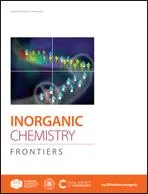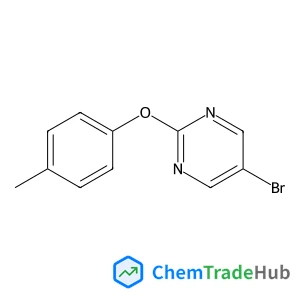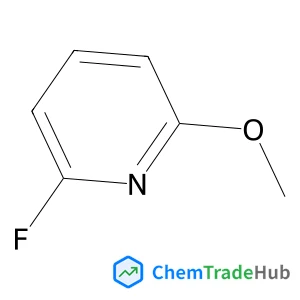The importance of second sphere interactions on single molecule magnet performance
Literature Information
Brodie E. Matheson, Tyson N. Dais, Marryllyn E. Donaldson, Gareth J. Rowlands
Owing to their potential applications in areas such as information storage, molecular spintronics, and quantum computing among others; the field of single molecule magnets (SMMs) has experienced a surge of interest and advances. One aspect of these systems that is often overlooked is the effect that second-sphere interactions can have on the magnetic performance and viability of SMMs. This review focuses on SMMs that display significant secondary interactions which influence magnetic performance, and highlights the importance of considering these interactions in the design of future SMMs.
Related Literature
IF 6.222
Ether-functionalization of monoethanolamine (MEA) for reversible CO2 capture under solvent-free conditions with high-capacity and low-viscosityIF 6.367
Non-aqueous neptunium and plutonium redox behaviour in THF – access to a rare Np(iii) synthetic precursorIF 6.222
Transition metal chemistry in synthetically viable alkaline earth complexes M(Cp)3− (M = Ca, Sr, Ba)IF 6.222
Efficient one-pot synthesis of alkyl levulinate from xylose with an integrated dehydration/transfer-hydrogenation/alcoholysis processIF 6.367
Water-soluble pH-switchable cobalt complexes for aqueous symmetric redox flow batteriesIF 6.222
Ultra-thin NiFeSe nanosheets as a highly efficient bifunctional electrocatalyst for overall water splittingIF 6.367
Life cycle assessment of power-to-gas with biogas as the carbon sourceIF 6.367
Redox responsive Pluronic micelle mediated delivery of functional siRNA: a modular nano-assembly for targeted deliveryIF 6.843
From zinco(ii) arsaketenes to silylene-stabilised zinco arsinidene complexesIF 6.222
Source Journal
Inorganic Chemistry Frontiers

Inorganic Chemistry Frontiers publishes research articles, reviews, notes, comments and methods covering all areas of inorganic chemistry. Emphases are placed on interdisciplinary studies where inorganic chemistry and organometallic chemistry meet related areas, such as catalysis, biochemistry, nanoscience, energy and materials science. For publication in Inorganic Chemistry Frontiers, papers should report high-quality work of exceptional novelty, which will be of significant interest to the wide readership of the journal.
Recommended Compounds
Recommended Suppliers
 Shanghai Shengyi Biotechnology Co., Ltd.
Shanghai Shengyi Biotechnology Co., Ltd. StarXin Commerce and Trade Co., Ltd.
StarXin Commerce and Trade Co., Ltd. Qingdao Bovonkem Pharmachem Tech Co., Ltd.
Qingdao Bovonkem Pharmachem Tech Co., Ltd. Rainen (Changzhou) International Trade Co., Ltd.
Rainen (Changzhou) International Trade Co., Ltd. Tianjin Bochuang Chemical Co., Ltd.
Tianjin Bochuang Chemical Co., Ltd. Shaanxi Bolin Biotechnology Co., Ltd.
Shaanxi Bolin Biotechnology Co., Ltd. Printec S.A.
Printec S.A. Yancheng Hejia Chemical Co., Ltd.
Yancheng Hejia Chemical Co., Ltd. Yancheng Yuan Dong Chemical Industry Co., Ltd.
Yancheng Yuan Dong Chemical Industry Co., Ltd. RS Rittel & Schipper GmbH
RS Rittel & Schipper GmbH












![25553-77-9 - 1-[2-(1,3-Dioxolan-2-yl)ethyl]piperazine 25553-77-9 - 1-[2-(1,3-Dioxolan-2-yl)ethyl]piperazine](/structs/255/25553-77-9-5274.webp)

